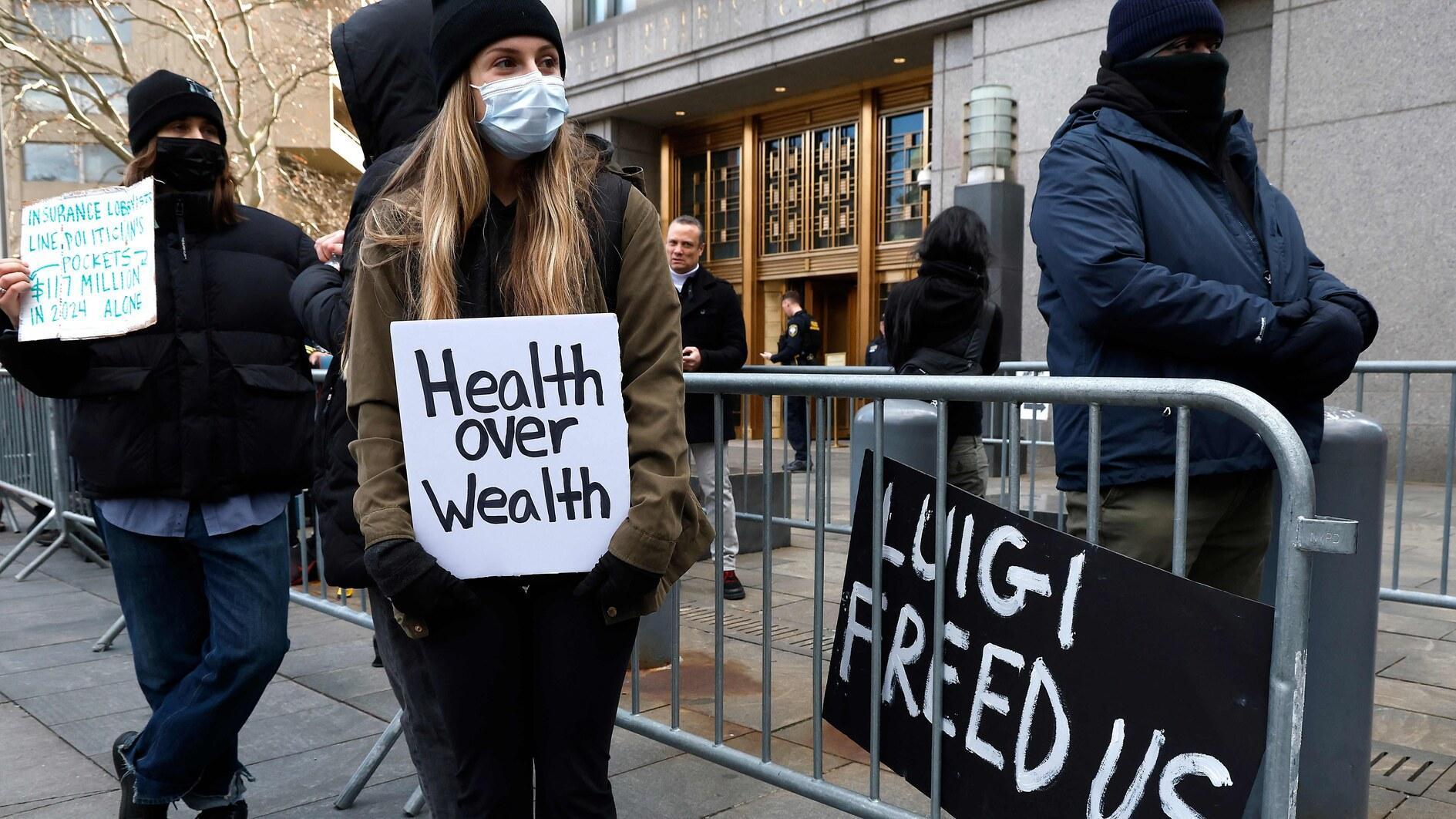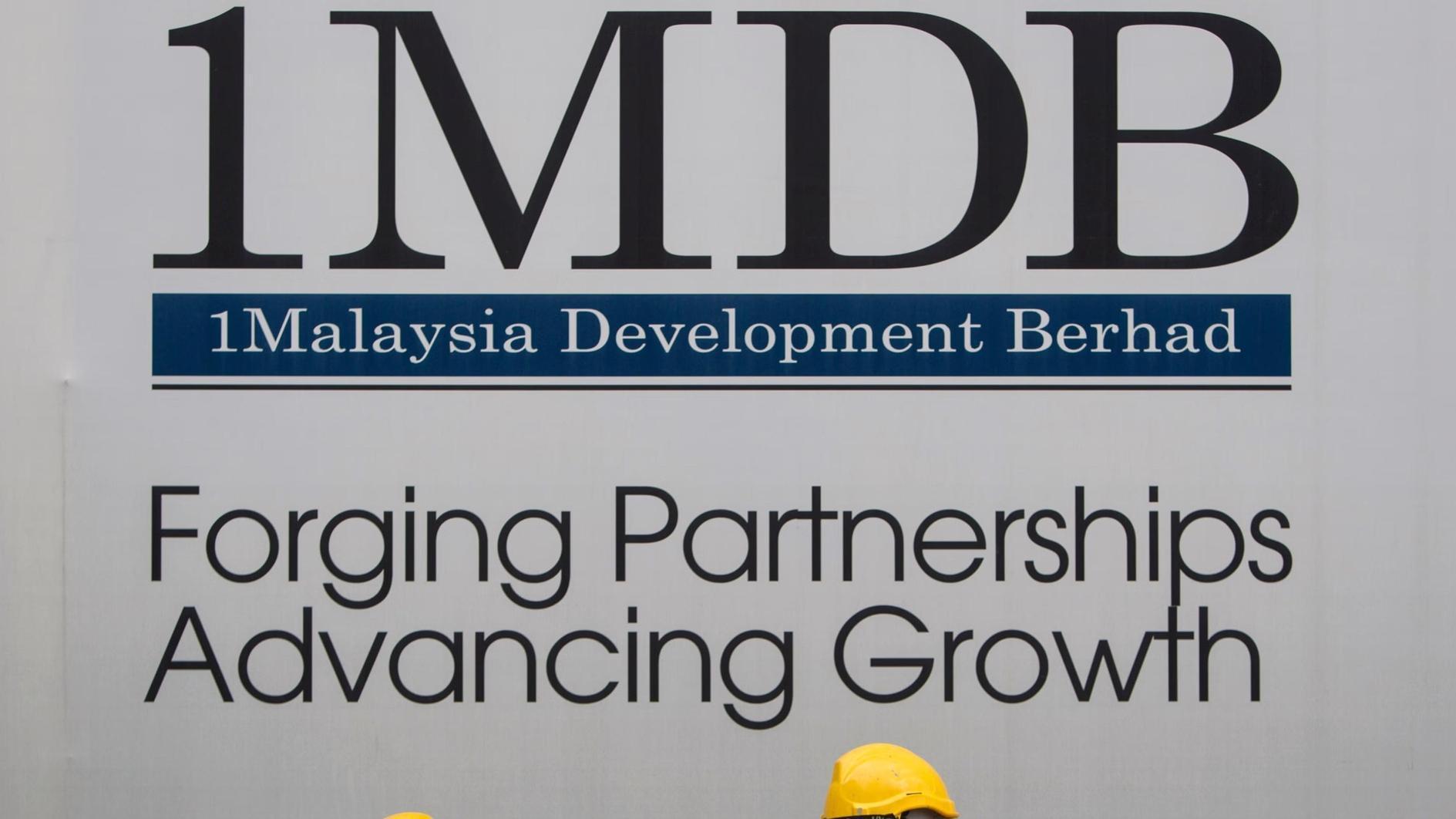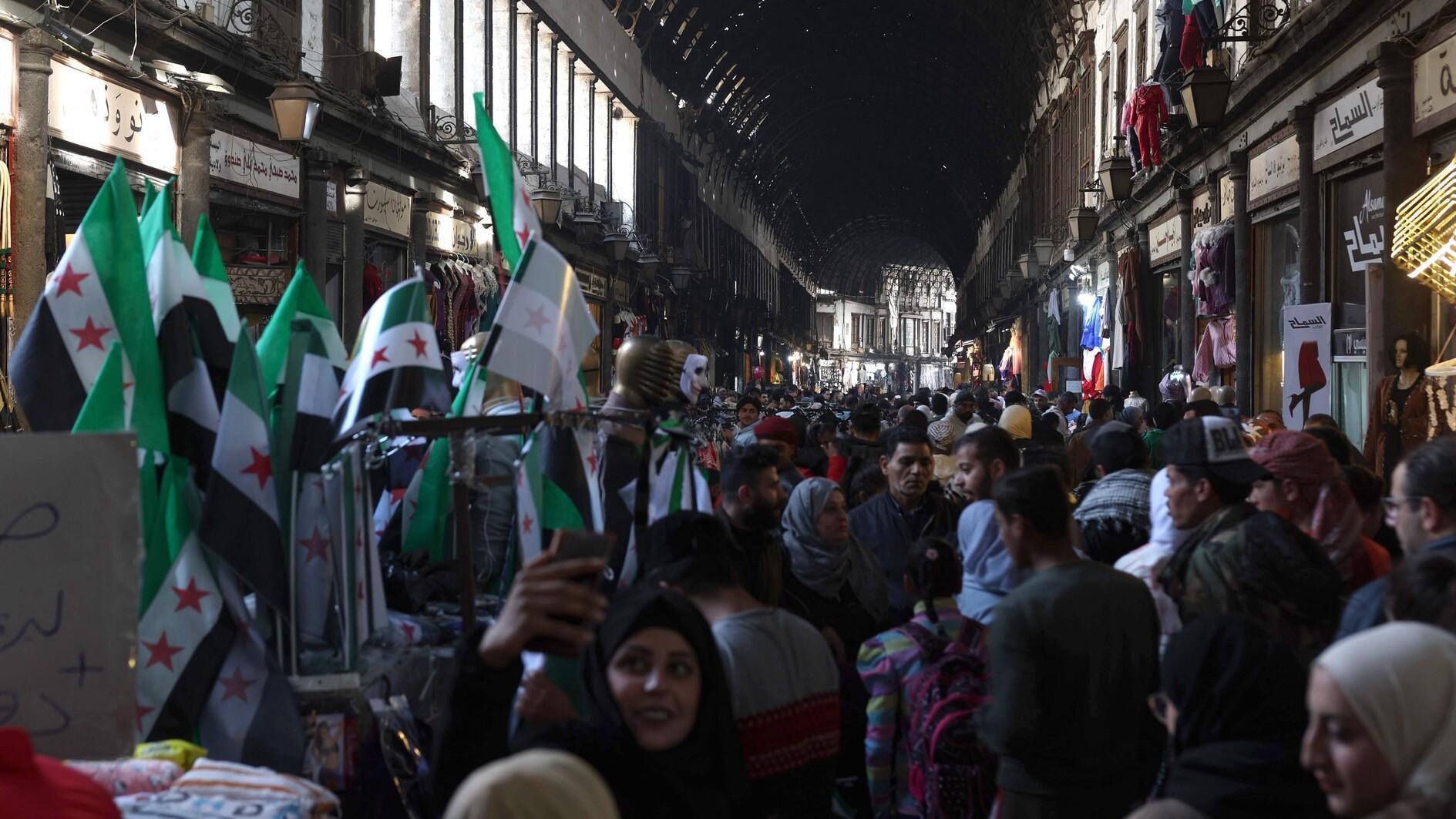Where is HSYK heading?
There was a banquet organized Wednesday evening in a district of Istanbul in connection with the elections to be held for the Supreme Council of Judges and Prosecutors (HSYK). Hundreds of judges and prosecutors in the district were invited. It was not like an open ended invitation and that anyone who wanted to come would come. Lists of judges and prosecutors written on A-4 paper were taken to their offices and they were asked to sign whether they would attend.
Thus, attendance was controlled. It was also claimed that busses would be organized to take the participants from their lodging buildings to the venue and after the meeting, the judges and prosecutors would be taken back to their homes.
These meetings supported by the bureaucrats of the Justice Ministry are being organized to gather votes for the HSYK elections for the Unity in the Judiciary Platform (YBP). When the ministry is involved, indeed, a vast majority of the judges and the prosecutors attend the meetings because they fear they would be “misunderstood” if they did not.
Election activities
For a long time, the Justice Ministry has been mobilized. The undersecretary, deputies of the undersecretary, and other top bureaucrats personally join these meetings most of the time. I had written before; in an iftar (fast-breaking) dinner organized in Istanbul for 1,000 people, the undersecretary had explained to the judges and prosecutors how “the Dec. 17 and 25 operations were not investigations but coups.”
Recently, bureaucrats were sent to Anatolia from the Justice Ministry for the introduction of the “Strategic Plan,” and taking this opportunity, they organize meetings with judges and prosecutors and ask them to vote for the YBP. As a matter of fact, the “Strategic Plan” was made in 2009 and the ministry then had not organized such meetings in Anatolia then to explain the matter to judges and prosecutors. Now, there have been some revisions made in the “Strategic Plan” and ministry bureaucrat delegations are touring Anatolia, holding meetings on this occasion and asking the participants to vote for the YBP in the HSYK elections.
YBP candidates visited Prime Minister Ahmet Davutoğlu on Sept. 3, asked for the pay rises that were promised and the clearance of personal records. On Sept. 9, Justice Minister Bekir Bozdağ announced there would be a pay rise of 1,155 Turkish Liras for judges and prosecutors and that a clearance of personal records was on the way.
Do you see the power of the YBP? Since 2006, even institutions like the Supreme Court of Appeals, The Council of State and the HSYK had not been able to obtain such a raise from the government for judges and prosecutors.
An impartial HSYK
The ministry involved in the HSYK election in such a way is against both the principle of a separation of powers and the ethics of justice. The “parallel structure” issue is being used to convert the HSYK into a department of the ministry. This was already seen in the amendments made to the HSYK Law and the Judicial Police Regulation.
The way to eliminate the “parallel” distrust over the justice is not by exerting a heavy government shadow over the judiciary.
My wish is that at the Oct. 12 HSYK elections, the government faction, the opposition faction and also the community faction all lose as “lists,” so that a mixed council that is able to defend the independence of the judiciary comes out of the ballot box, prioritizing law over political and faith perspectives, and that those who have earned their respect with their legal identities are elected from the lists and independent candidates.
I had written this principle years ago: “The independence of boards depends on the election of its members not from one source but from a variety of sources; it also depends on the representation of several responsibilities and their related perspectives on the board. Those boards that have ‘one view’ can never be impartial.”
Let us not forget that the “executive power” will send seven members to the HSYK anyway. Let the members coming from the “judiciary power” not be the “man” of any faction, group or community; let them be members who would act with their individual conscience so that a pluralist HSYK able to defend the independence of the judiciary and defend the honor of the judges and prosecutors is formed.











